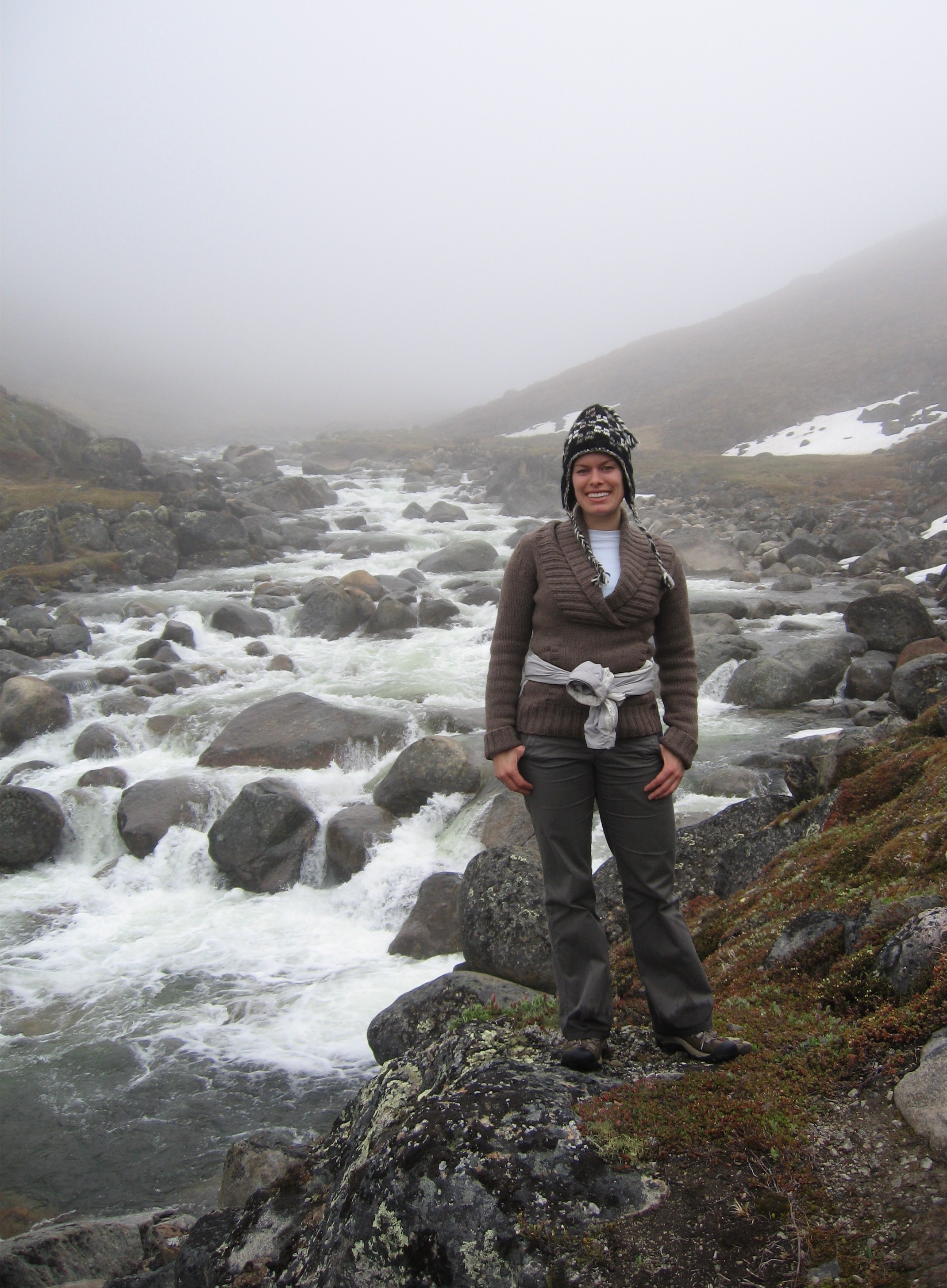
About
I investigate language of risk and policy at the intersections of weather, climate and society. I blend linguistic and sociocultural anthropology literatures and methodologies, and merge aspects of language, interaction, social structure and agency in different severe weather contexts to explain the role of cultural values and social practices, as well as policy and relations of power in shaping human experience.
Research Interests include: environmental policy, risk perception, risk communication, expertise, interaction, face, discourse, decision-making, sense-making
"Our sense of being a person can come from being drawn into a wide social unit; our sense of selfhood can arise through the little ways in which we resist the pull. Our status is backed by the solid buildings of the world, while our sense of personal identity often resides in the cracks" -Erving Goffman
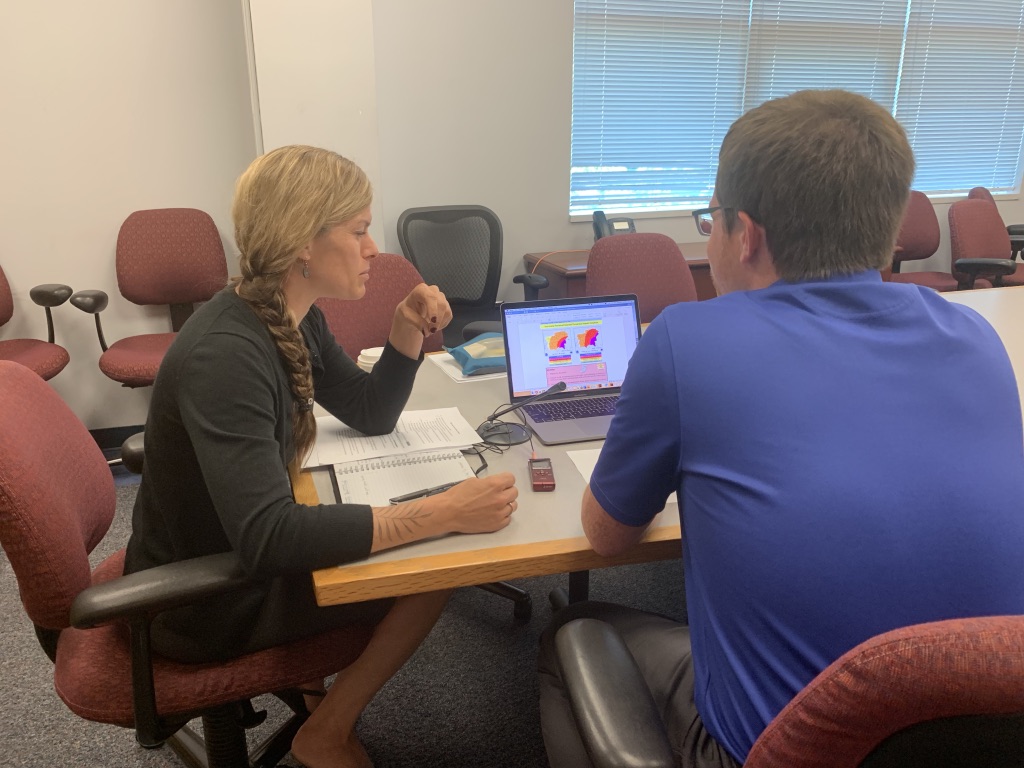
Current Projects
To see what I'm working on now please head over to the Current Projects section
View Current Projects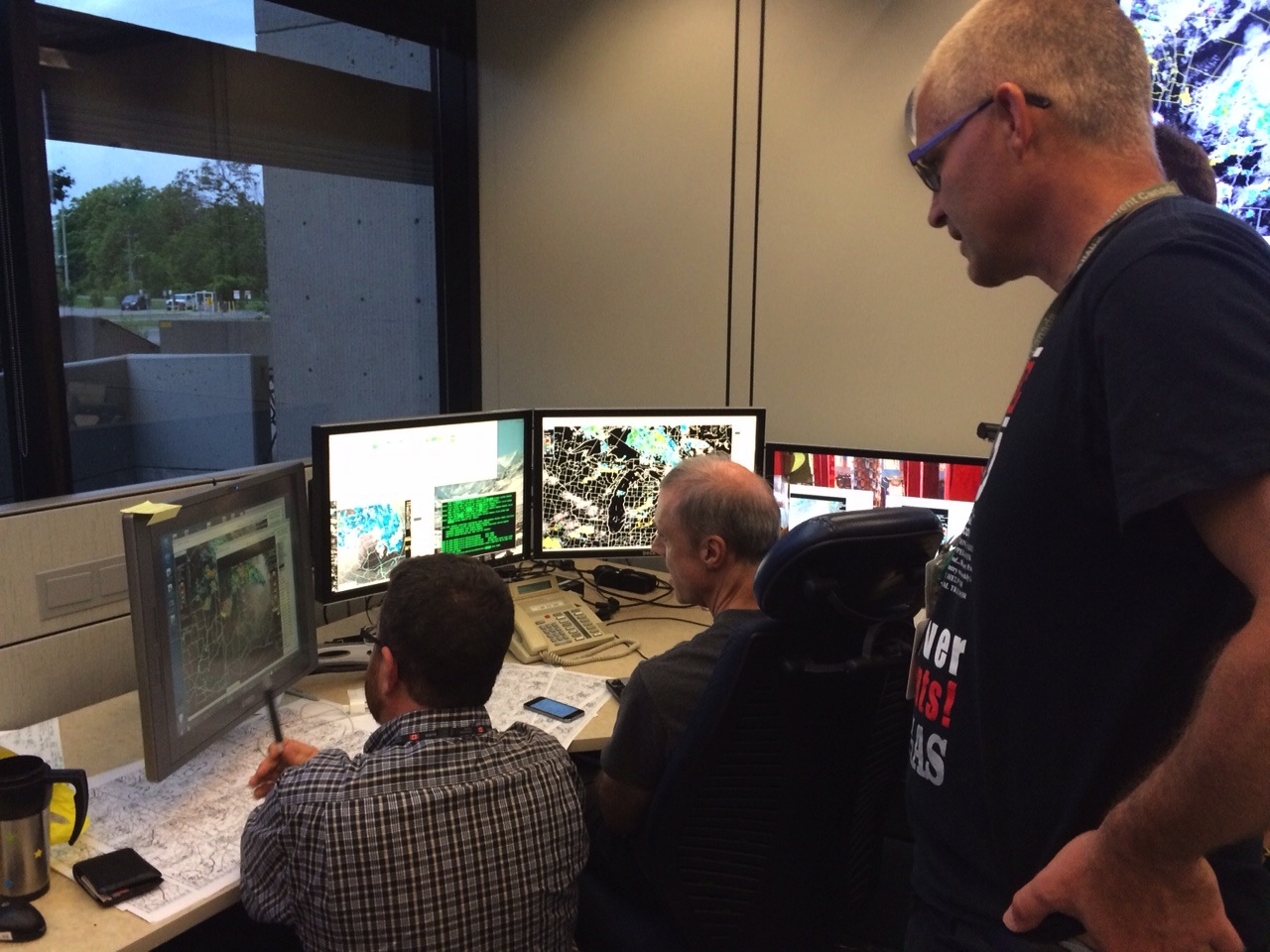
2015-2016
PhD fieldwork in Toronto. With a focus on risk, policy and interaction in the context of weather, the methods employed for this study concentrated on the face-to-face interactions between and among ECCC meteorologists, TRCA flood forecasters, as well as public users’ text-based interactions with various weather and flood risk messages. Data were collected over a 17-month period used a combination of observation, survey administration, and in-person semi-structured interviews with producers and users of weather and flood information.
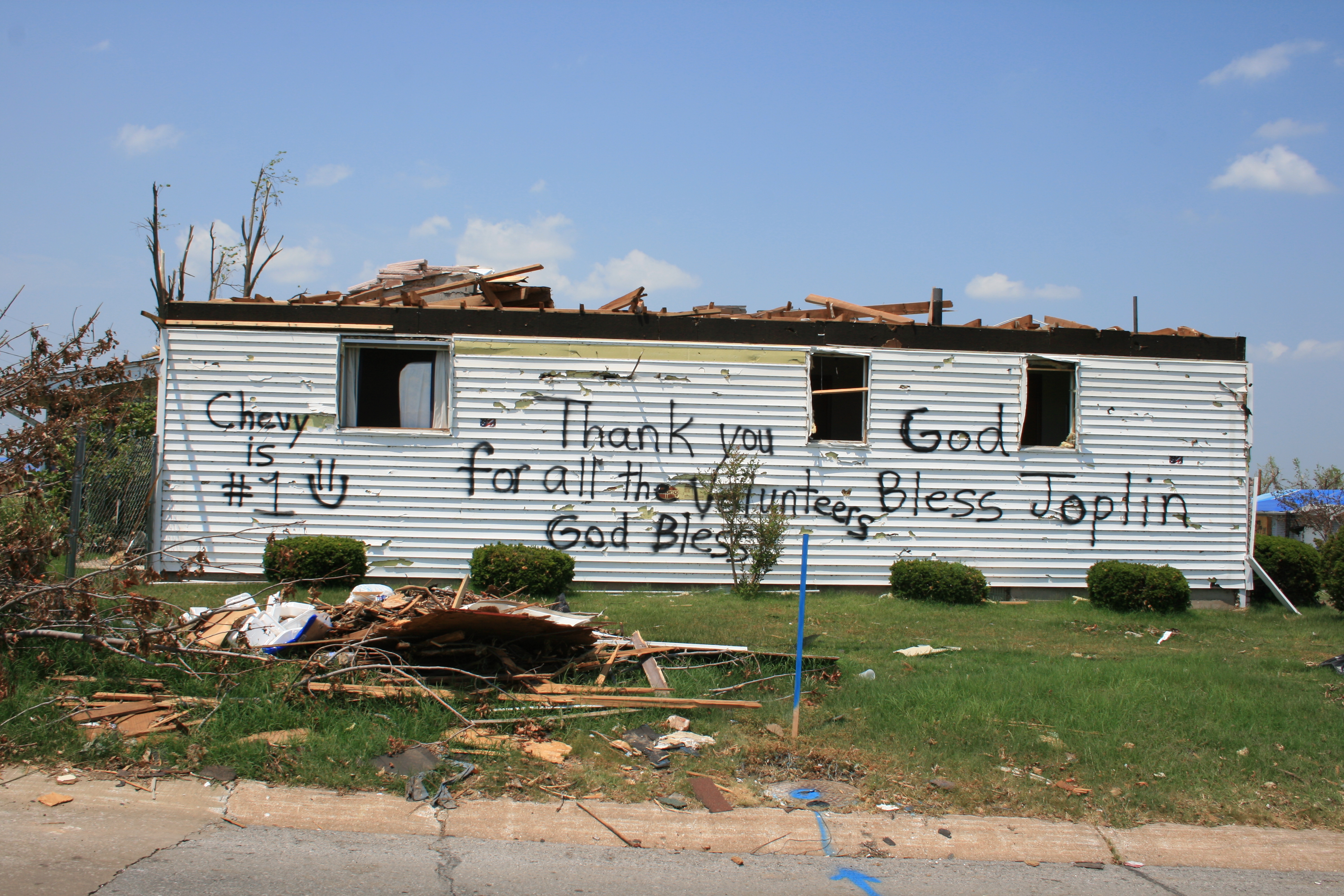
June 2014
A Social Science Researcher with Environment Canada’s Angus, Ontario tornado Damage Survey team. I conducted semi-structured one-on-one interviews with residents of Angus, Ontario who experienced the June 18, 2014 EF2 tornado event, and provided qualitative analysis to Environment Canada on Angus residents’ needs and uses for tornado warning information.
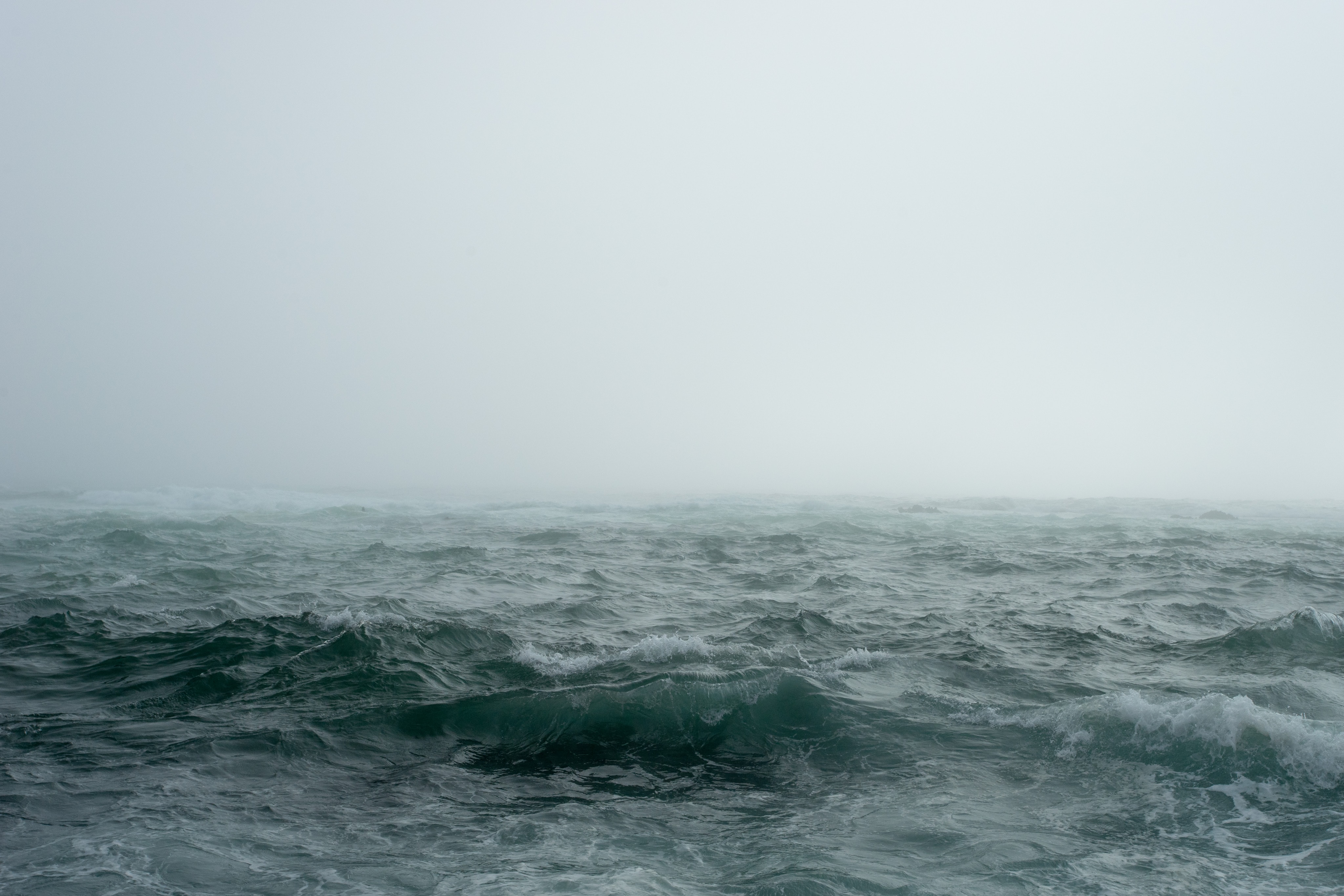
October 2010 - February 2012
As a research Associate at Social Science Woven into Meteorology (SSWIM), I carried out ethnographic research project entitled: What makes our partner’s tick?: An ethnography of Emergency Managers to inform weather product developers. I conducted semi-structured one-on-one interviews with Emergency Managers, Broadcast Meteorologists, and NWS representatives in Central Texas, Missouri, and Kansas. The results of this project were used by the National Oceanic and Atmospheric Administration’s (NOAA) Global Systems Division (GSD) to develop IHIS (Integrated Hazards Information Services) a web-based interface for improving two-way communication between NWS, Emergency Managers, and other partner groups.
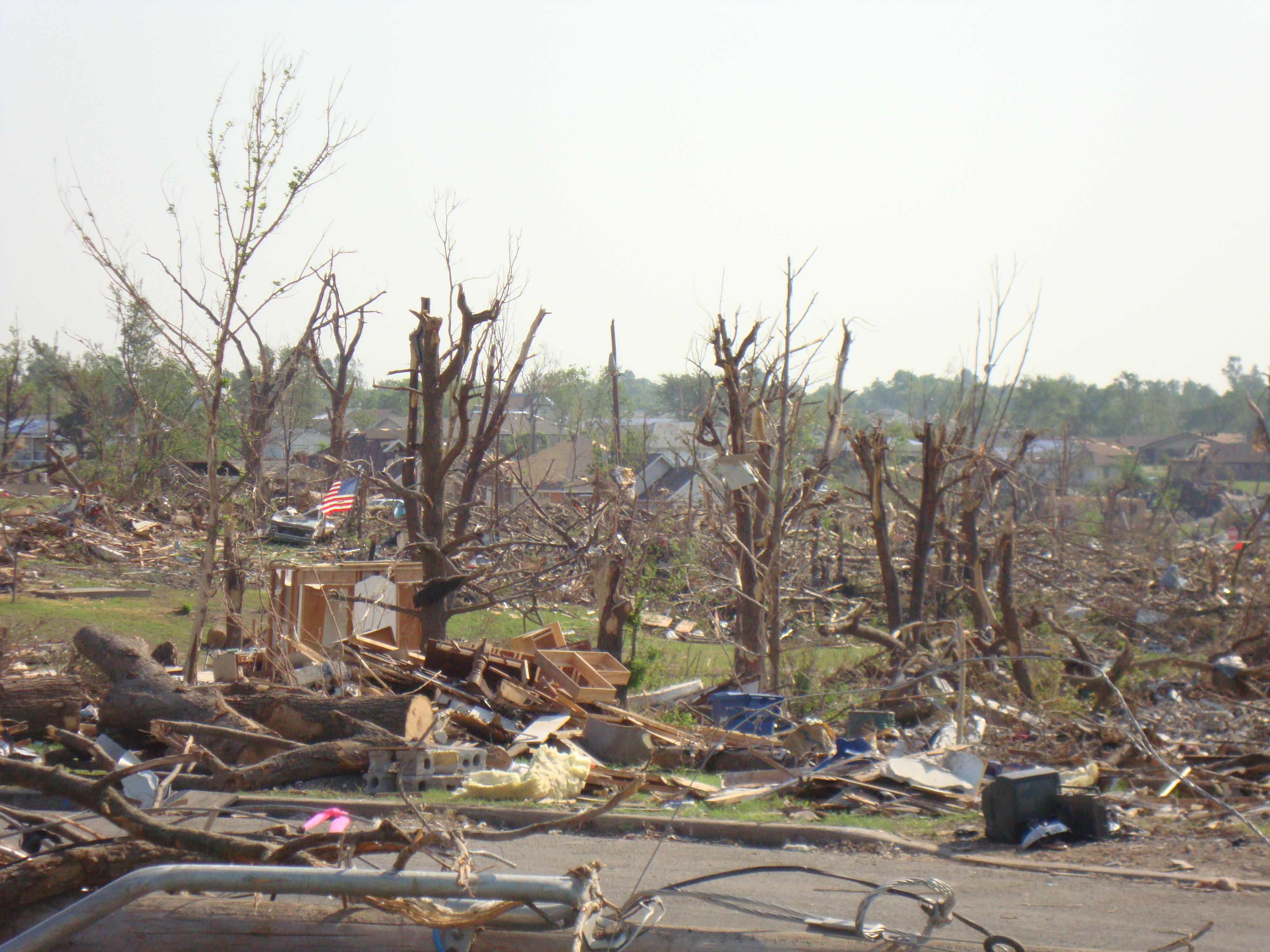
June 2011
As a social science researcher with National Weather Service’s (NWS) Joplin Tornado Regional Service Assessment team, I conducted semi-structured one-on-one in-person and telephone interviews with survivors of the May 22, 2011 EF5 tornado. Our research effort was responsible for laying the necessary groundwork for the recently implemented “impacts-based” warning program across the 122 NWS field offices in the United States. NWS Central Region Service Assessment Joplin, Missouri, Tornado – May 22, 2011
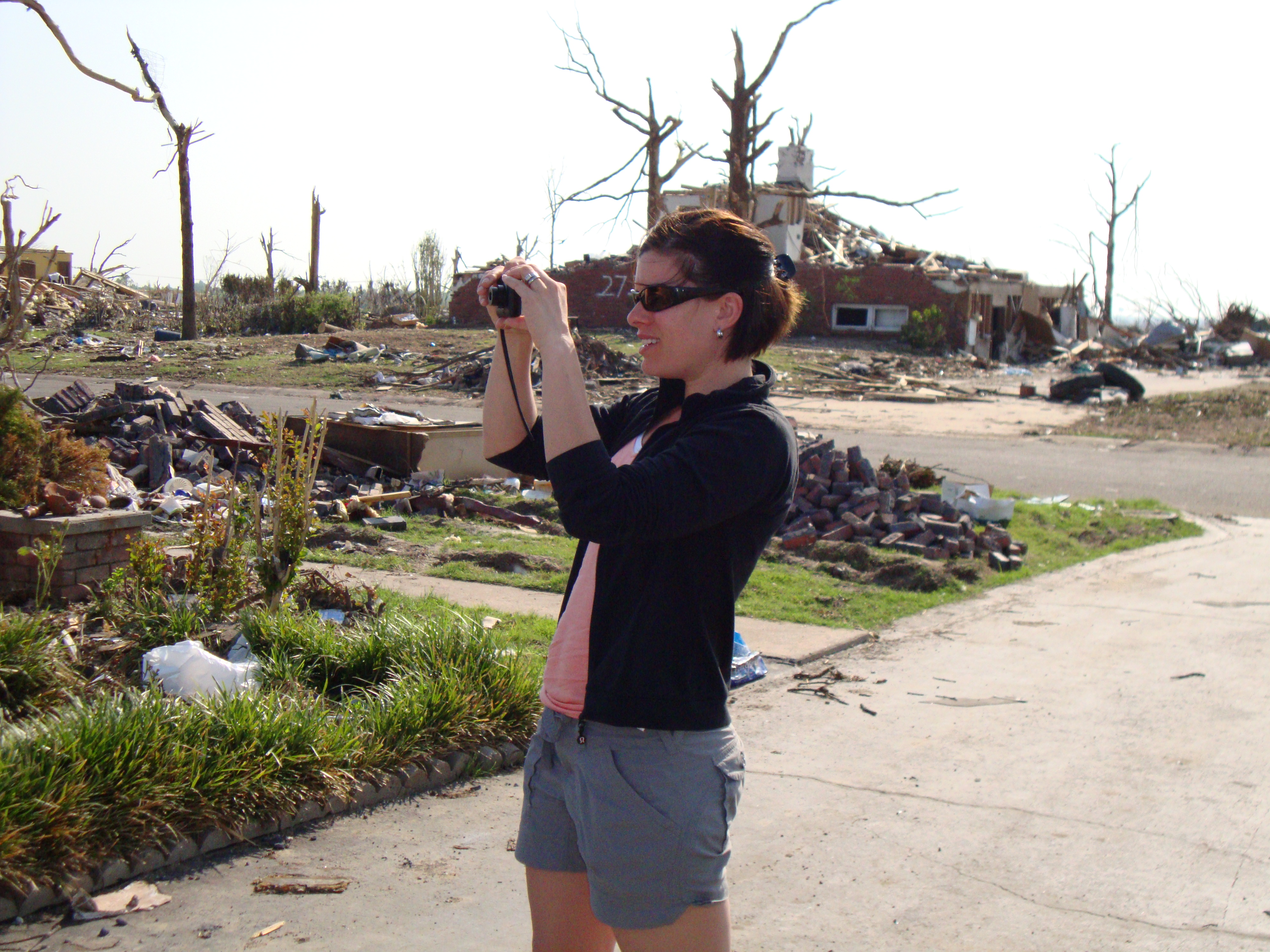
September 2011 - December 2011
As a social science researcher contracted by Dakota Consulting Inc., I collected ethnographic data for the National Institute of Standards and Technology’s (NIST) comprehensive technical study on the May 22, 2011 Joplin EF5 Tornado. I conducted unstructured one-on-one and telephone interviews with survivors to learn more about human behavior, situation awareness, and emergency communications before and during the destructive tornado event. Final Report, National Institute of Standards and Technology (NIST) Technical Investigation of the May 22, 2011, Tornado in Joplin, Missouri
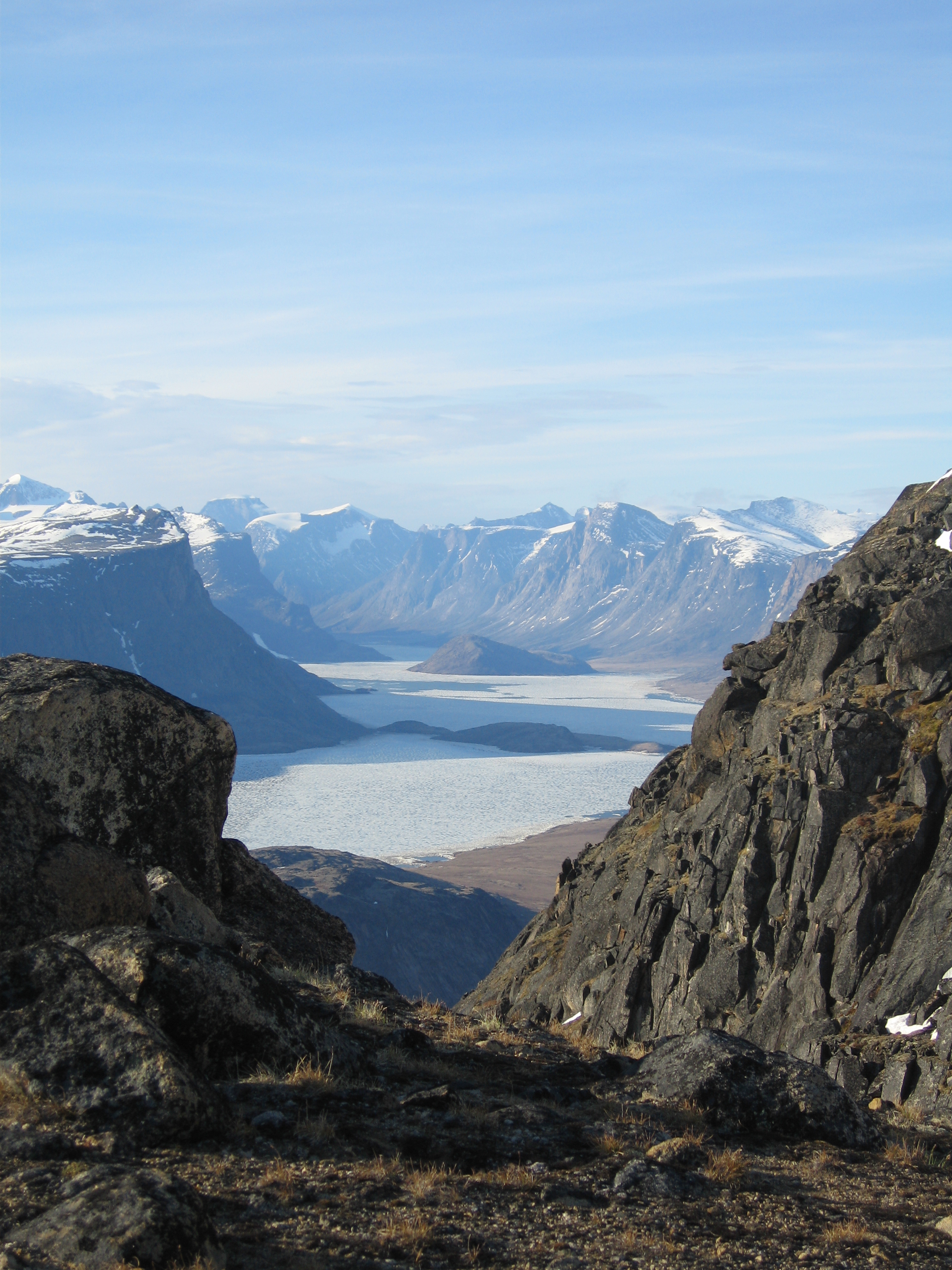
May 2009 - August 2009
For my master’s research project in Anthropology I travelled to community of Pangnirtung, Nunavut, where I spent time talking with Inuit and non-Inuit residents, as well as public officials, about a rain storm turned flood event that caused the town’s bridge to collapse. The research emphasized the different ways ‘severe’ weather is defined across cultural groups and highlighted the importance of incorporating local definitions for what it means to be vulnerable into broader climate change vulnerability assessments.